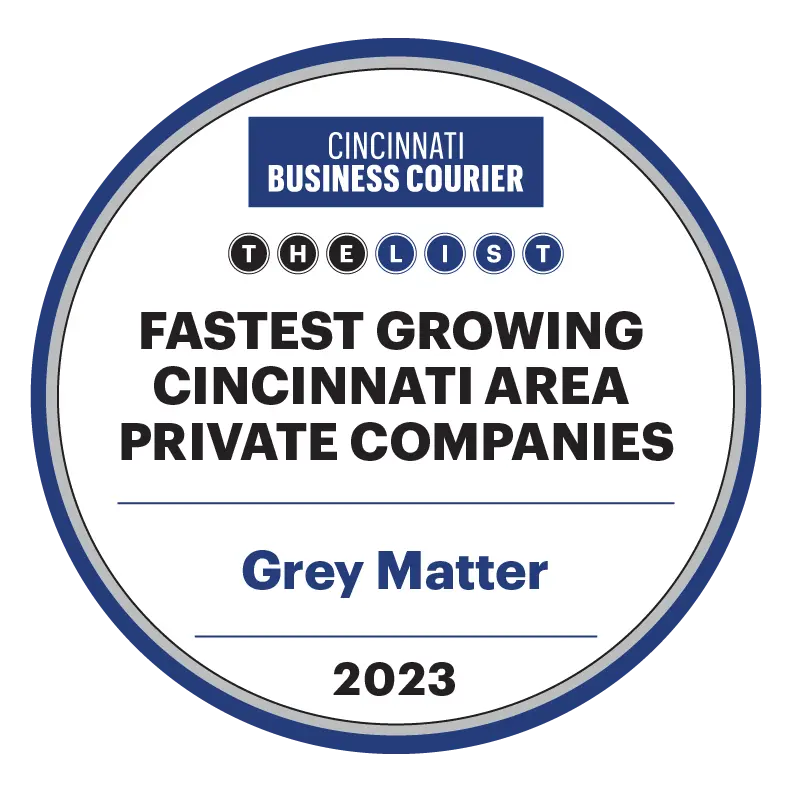What You Should Know
30-second summary from Search Engine Watch:
- Google plans to update its algorithm in 2021 to include a factor called Page Experience.
- This includes existing Google Search signals such as mobile-friendliness, safe-browsing, HTTPS, and intrusive interstitial guidelines.
- It also includes metrics in Google’s Web Vitals to do with a site’s loading speed, interactivity, and visual stability.
- For site owners and others, understanding these signals and making the necessary changes should be a priority.
- Among the steps to take are optimizing for mobile, improving page speeds, CTAs, and alt text for images.
Prepare Your Website For “Page Experience” Rankings Factors
The new algorithm change will include an emphasis on a combined factor named “Page Experience” when determining how websites will be ranked in the search results. Page Experience is made up of several key components that include major search factors we’ve detailed before like mobile-friendliness and site security (HTTPS), as well as a closer look at a group of metrics called Core Web Vitals that include the site’s loading speed, visual stability, and interactivity.
Major Components Of Core Web Vitals
Google gives preference to websites that provide visitors with a helpful experience and the Page Experience factor is designed to more effectively reflect the value a user perceives from a site. To help you better understand Page Experience, let’s break down some of the major components that will have the greatest impact on how your website may be ranked up or down:
- Loading Time:
- in this context, measures perceived load speed. That’s the point in the page load timeline when the main content is likely to have loaded.
- Interactivity:
is the time from when a user first interacts with a page – a click or a tap, for example — to the time when the browser begins processing that interaction.
- Visual stability:
has to do with preventing annoying and unexpected movement of page content.
How You Can Boost Your Page Expeirence
1. Optimize for mobile search: In Q3 2020, mobile devices generated 50.81% of global website traffic, consistently hovering around the 50% mark since the beginning of 2017.
If you haven’t already, you should get your page mobile-ready by reducing code, leveraging browser caching, and reducing redirects.The webpage design should be simple and responsive so as to appear attractive on smaller screens. Site structure, too, should be optimized for mobile.
2. Improve page speeds: According to recent research that confirms Google’s findings, a delay of one full second in loading can decrease conversion rates by 70%. Just one second — shorter than the time it’s taken to read this sentence.There are several ways to not lose out because of frustrating delays. As per Google, the best practice is just three seconds.
3. Use Alt Text for images: We’ve already touched upon image compression as a way of providing an optimal loading experience. But there’s another factor involved when it comes to experience as well as page ranking.This is called an alt text. It’s used in an HTML code, and it describes the appearance and function of an image on a page.Such alt tags will be displayed in case the image file isn’t loaded so that users understand the context. Such descriptions are also used by search engine crawlers for indexing, and this helps in rankings.These alt text descriptions should be short, specific, and ideally with a keyword. This will go a long way in helping your site’s organic search results.
Source: Search Engine Watch









